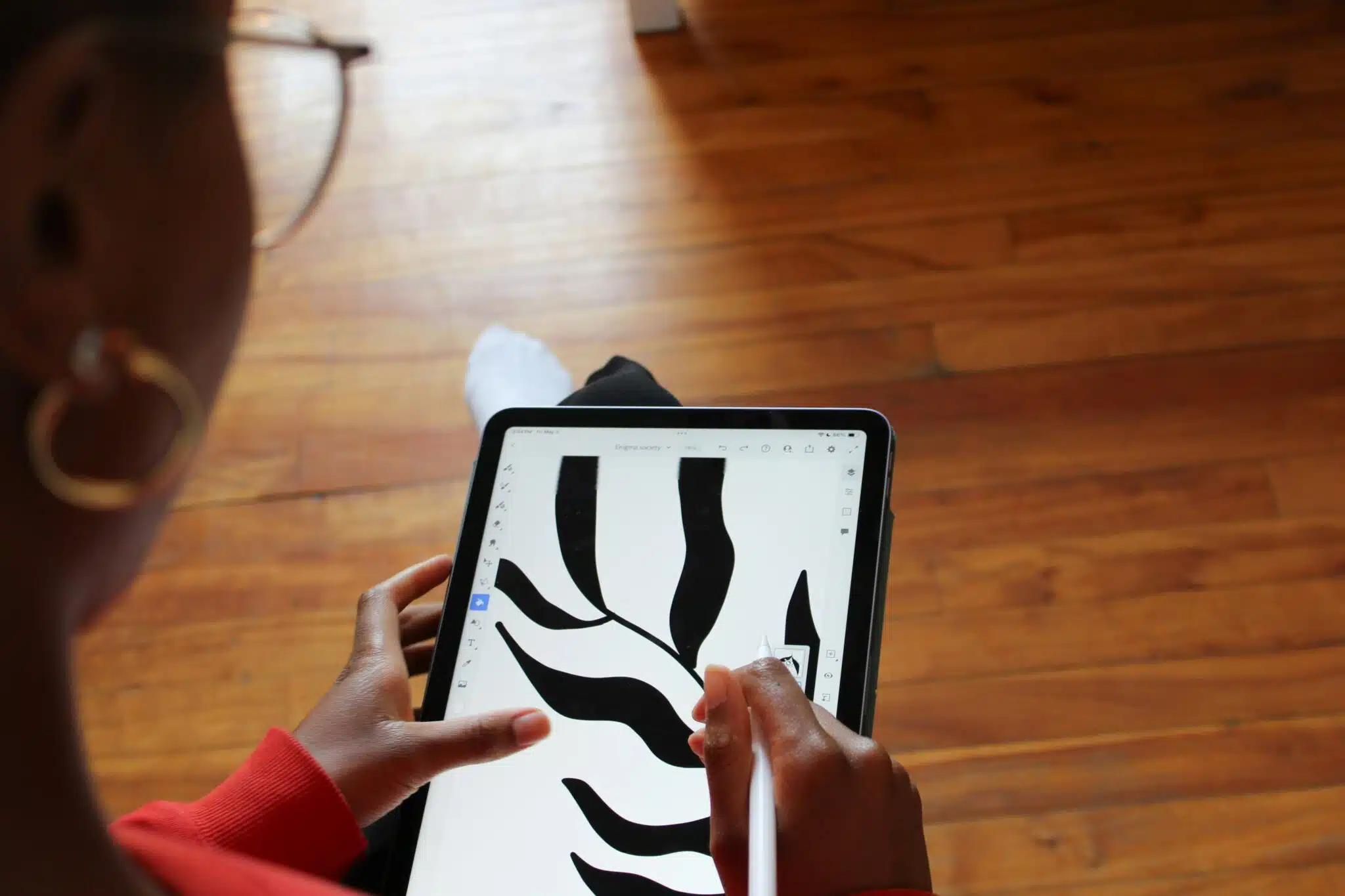Former Paystack Product Lead, Temi Giwa, has raised over $130,000, exceeding the target of $7,000 on Kickstarter with her new product, Tru, a small, stylish ankle-based step tracker under her company, Tru Count Inc.
“The goal is to have a stylish accessory that tracks your fitness moves,” Giwa tells Techpoint Africa.
What started as a personal frustration with existing fitness trackers has evolved into a wearable tech product supported by over 1,000 backers in less than 30 days after being listed on the crowdfunding platform.
Tru isn’t your typical fitness gadget; the company says it is 50% more accurate than regular trackers. The tracking device is only 10 mm wide, comparable to a fingernail, and is embedded within swappable accessories that can be worn as anklets, bracelets, charms, or necklace pendants.
“It’s like a sleek, really stylish piece of jewellery. We wanted to go as small as possible while keeping the technology accurate,” Giwa explains.
Giwa’s tracker aims to solve the problems of bulky, inaccurate wrist trackers and wearables that clash with your style.
The device is waterproof and hypoallergenic, with a battery life of up to one month on a single charge. It integrates with the Tru app or your phone’s native health system, allowing you to access your data through the app or any fitness tracking app you prefer.
Tru’s app also provides reminders and suggests micro goals to help users stay focused throughout the day.
The Tru journey
While working at Paystack, Giwa frequently spent long hours, sometimes up to ten a day, sitting at her desk. This often caused back and hip pains, so she decided to get a standing desk treadmill to stay active.

Victoria Fakiya – Senior Writer
Techpoint Digest
Make your startup impossible to overlook
Discover the proven system to pitch your startup to the media, and finally get noticed.
It helped, but she noticed something odd: her smartwatch wasn’t tracking her steps properly. No matter how much she moved, it barely recorded anything.
After looking into it, she discovered that most fitness trackers count steps based on the swinging motion of the arms rather than the actual movement of the feet.
Later, when she moved to London, she noticed that her sister (now Co-founder), Tomilola Famuboni faced the same issue. As a mother who often pushed a stroller, her steps also went uncounted. That’s when the idea struck them.
“She’s an engineer, and I work in tech. We thought, ‘Why not create our own tracker?’” Giwa says.
The sisters started working on the idea in March 2024, and a year later, Tru was ready.
Although Tru can be worn as a necklace pendant or bracelet, it is best fitted as an anklet. Since it was originally designed as such, its accuracy drops when it is not on the ankle as it measures the swinging of the feet.
Women building for women
Tru’s primary function is to track steps, but its design elevates it to a lifestyle product, challenging an industry that has often focused less on the aesthetics and experiences of women.
“Fitness trackers are ugly and if they are to be worn 24/7, they should at least be visually appealing—something Met Gala worthy” Giwa says.
While Tru is suitable for anyone, its design specifically caters to women — a shift the founders didn’t initially plan for but quickly accepted.
“Our target audience is mainly women. We didn’t set out with that focus, but we discovered that women faced this problem the most. There are simply not enough women designing for women,” Giwa explains.
Kickstarting Tru
With over $130,000 raised, Tru is one of the highest-grossing Kickstarter campaigns by a Nigerian business.
Very few campaigns linked to Nigeria have surpassed the $100,000 mark on Kickstarter. Keekxs, a Lagos-based sneakers brand, raised about $26,000 in 2015 and $10,600 in 2018.
Other notable campaigns include The People of Nigeria, a children’s book celebrating ethnic groups, which raised $15,796 in 2022, and “The Archive,” a documentary about queer Nigerian stories, which raised approximately $5,000.
As a crowdfunding platform, Kickstarter allows creators — from artistes to startups — to share their ideas and raise money from everyday people who believe in their vision. It serves as a valuable space to test the market, build a community, and validate products before mass production.
Rather than purchasing finished products, backers pledge money to help bring projects to life. In return, they receive rewards that often include early access or exclusive versions of the product.
For startups like Tru Count, Kickstarter presented an opportunity.
“Kickstarter is designed for early adopters, and one way to prove that your idea is good is if money comes first. ‘Do enough people want this?’ Now we see the answer.” Giwa says.
Each pre-order comes with a starter kit that includes a tracking device, a charger, and a choice of accessories. The kit is originally priced at $119 and is still available for backers.
Challenges and what’s next
Bringing Tru to life was no easy task, especially as a hardware startup founded by Nigerian women.
“One of the challenges we faced was figuring out the hardware. We had to ask ourselves, ‘Is this even possible?’ We went through numerous iterations regarding the design, shape, and size.” Giwa says.
Its month-long battery life also had to be tested to get positive feedback.
However, competing in the hardware space, especially on wearables, means going up against global giants like Samsung and Apple, with deep pockets, years of R&D, and loyal customer bases.
With $130,000 raised and its community of early adopters, Tru has passed its first major hurdle. However, scaling a hardware product requires more than just crowdfunding success.
As Tru gears up to launch direct sales via its website in November—and explores potential jewellery brand partnerships and retail distribution—the founders are focused on the long game. For now, they’re contributing to a growing movement in fitness tech: one where women are not just the target market but also the creators.











